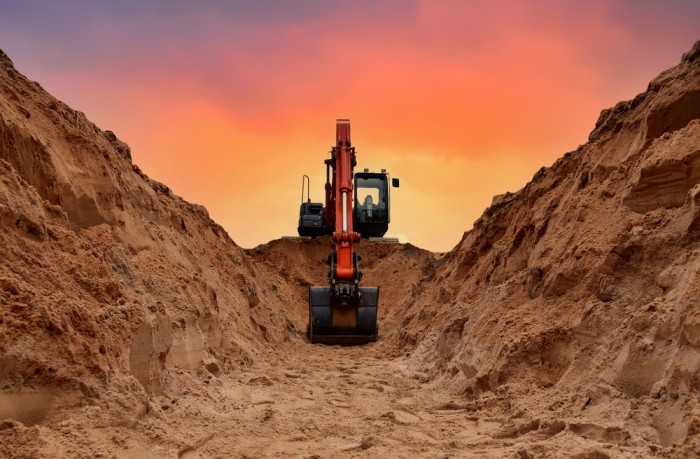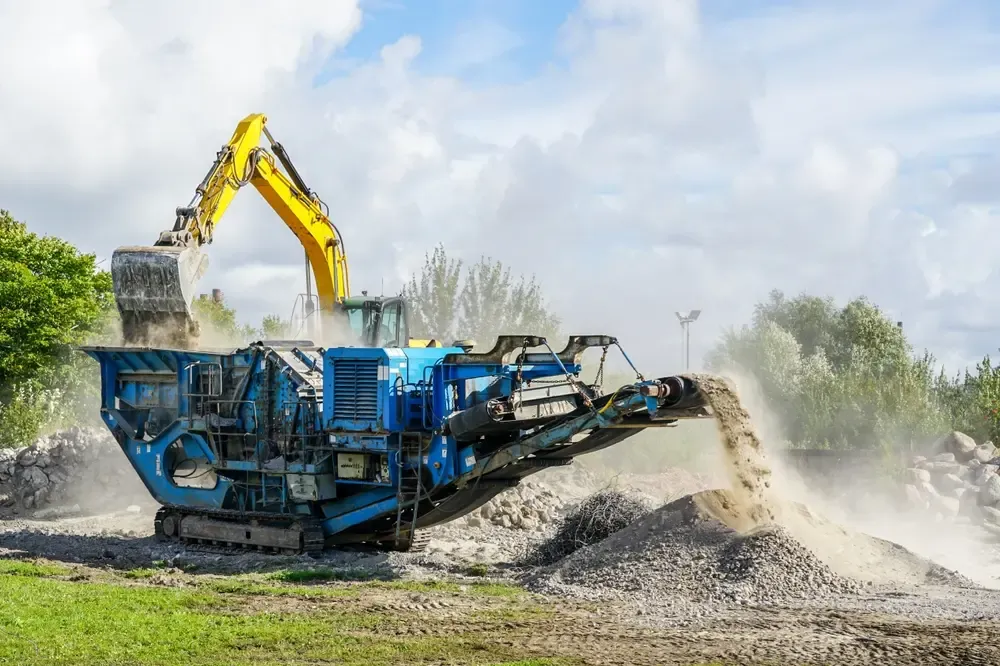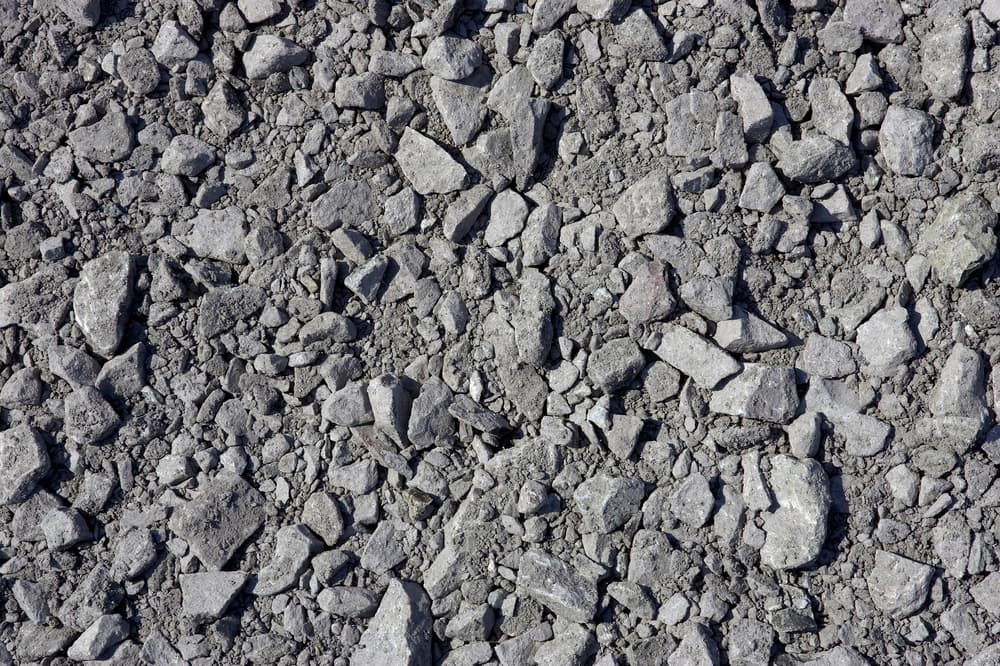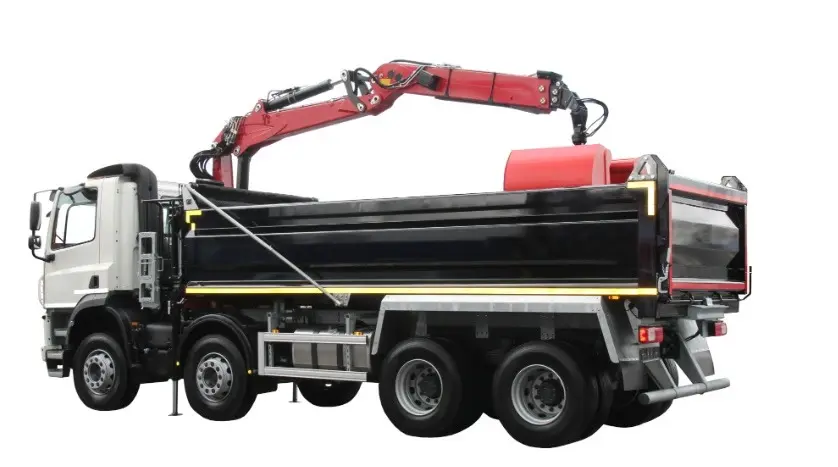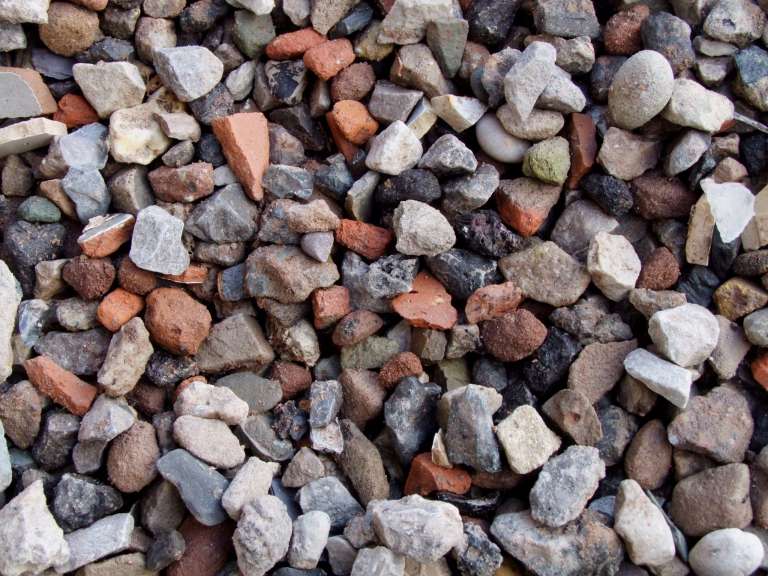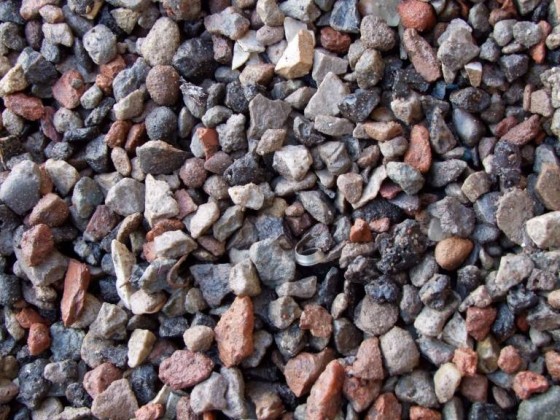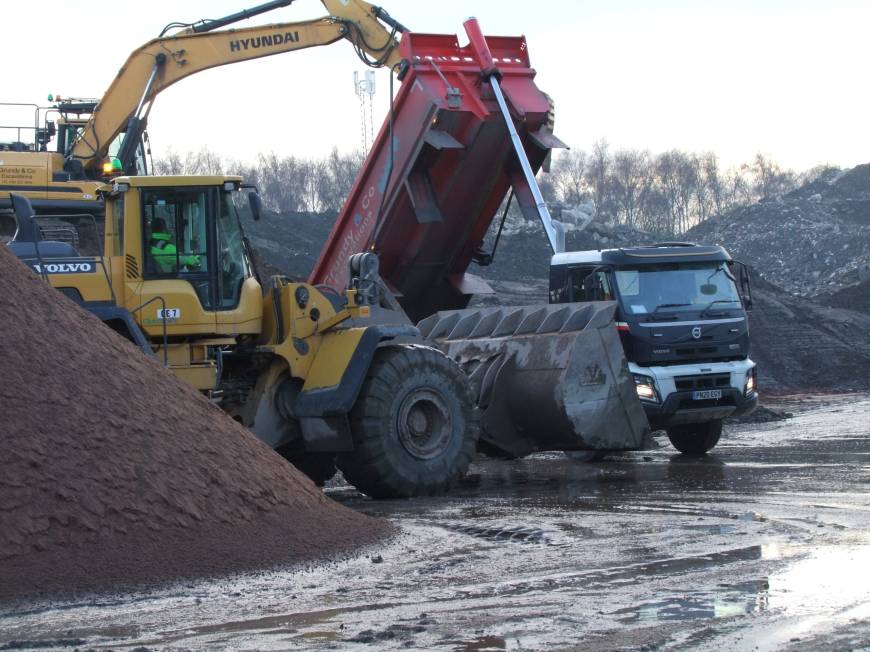Every element of the built environment is based on a solid foundation.
But did you know that every foundation relies on the construction essential – coarse sand?
Read on to find out why coarse sand is essential for your next – and any other – building projects!
What is coarse sand?
Also sometimes referred to as grit or sharp sand, coarse sand is made up of larger, sharper sand particles around 2-4 mm in size.
These individual grains are more angular than finer sands and interlock well when compressed, adding strength to projects and making them ideal for construction.
Main uses for coarse sand
Within the construction industry, coarse sand is considered essential because it is so widely used. Common uses include but are not limited to:
- Concrete making – a key component of concrete mixes, adding strength and durability to structures, including building foundations.
- Bedding – coarse sand is used as a bedding material for pavement stones, pipes, and septic systems as it allows for excellent drainage.
- Crafting mortar mixes – builders use coarse sand in mortar to fill gaps between bricks or stones as it can create a stronger bond, prevent cracking, and deliver a consistency that doesn’t shrink when dry.
- Levelling – coarse sand can be used to level out or screed uneven areas that need extra support.
- Installing paving – it is recommended to use coarse sand as a foundational layer beneath pavers to ensure stability, uniform weight distribution, adequate drainage, and level compaction.
- Garden landscaping – coarse sand can be used in horticulture to improve soil drainage and quality, propagate cuttings, make free-draining planting mixes, and create a top dressing for lawns.
Is the current usage of coarse sand an issue?
After air and water, sand is the most consumed natural resource – the majority of which is utilised for aggregates.
Recent estimates suggest that we use 50 billion tonnes of sand per year just for construction projects alone. The majority of this sand is either quarried and crushed, mined, or dredged from the sea or river beds, causing damage to natural ecosystems and putting the animals that live there at risk.
As such, it’s increasingly being considered completely unsustainable to carry on as we are – but what can we do about it?

Recycled sand holds the key
Swapping to recycled coarse sand is the easiest and most environmentally friendly way to reduce the impact of harvesting sand on the natural world.
Instead, local companies are now recovering raw materials from demolition sites across the country and processing them to make new aggregates, including coarse sand, by:
- Sorting – aggregates are separated by material and size, while also removing waste products
- Dry-crushing – using specialist machinery like jaw and cone crushers
- Washing the aggregates – to ensure they are ready for use and any contaminants are removed
The resulting recycled coarse sand is as strong, clean, and hardwearing as virgin construction sand and is easily available from local suppliers like Grundy & Co.
So there’s no need to let construction projects grind to a halt because of environmental worries!
Plus, with an array of delivery options, it could be with you in just a few days.
Order coarse sand for your next project
If you live in the North West, you are ideally situated for a delivery of recycled coarse sand from our bespoke sandwashing plant in Widnes.
We deliver anywhere within Merseyside and the surrounding areas, including Chester, the Wirral, St Helens, and Warrington – so get in touch today if you think we can help you. Simply call 0151 257 8816 or email sales@grundyandco.com and our experienced team can talk you through the whole process, from deciding how much coarse sand you need to how you would like it to be delivered and when this is possible.

